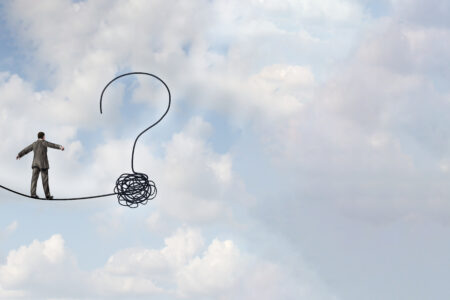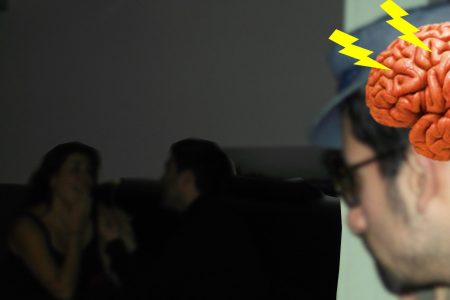Misophonia: when the sound of slurping drives you crazy
The sounds of other people eating, slurping, smacking their lips, or chewing can be pretty annoying. Yet, in some people hearing these sounds leads to blood-boiling rage: a condition called misophonia.
Misophonia (literally 'hatred of sound') is a relatively unexplored condition, but according to several psychiatrists misophonia deserves its own place in psychiatric diagnostic manuals. Depending on severity, misophonia can lead to serious disturbances in daily functioning. For example, misophonics try to avoid situations where certain triggers could be present as they are terrified of having an uncontrollable burst of rage. As a result, patients are likely to end up in social isolation. As one misophonia sufferer -TV host Kelly Ripa- once explained: "The sound of people chewing really enrages me. If my husband eats a peach I have to leave the room, otherwise I will scream and yell. Dinnertime is a very stressful event and puts a large strain on our family life."
Although scientific studies on the etiology of misophonia are rare, Edelstein et al (2013) recently investigated arousal of the sympathetic nervous system in misophonics – the part of the nervous system responsible for regulating ‘fight-or-flight’ responses. In this study, electrical conductance of the skin and the amount of sweat produced were examined in response to auditory stimuli (skin conductance response, SCR). Because sweat production cannot be controlled by the will, SCR is a measure of arousal of the sympathetic nervous system. The stimuli in the experiment covered a range of ‘trigger’ sounds and predicted emotional responses in misophonic subjects obtained from an earlier experiment.
Misophonics were found to have significantly higher SCRs in response to auditory stimuli (but not to visual stimuli) than non-misophonic controls. This finding indicates that misophonic patients have abnormally high arousal of the sympathetic nervous system. The authors furthermore argue that misophonia parallels a condition known as synesthesia. "In synesthesia, as in misophonia, particular sensory stimuli evoke particular and consistent, additional sensations and associations." The authors discuss the possibility of using brain-imaging findings in synesthetes, for example to test the hypothesis that there is an abnormal connectivity between the auditory cortex and limbic structures underlying sound-emotion synesthesia.
It remains a matter of debate whether misophonia can be seen as a distinct psychiatric disorder, because in a study describing a series of case reports it has been suggested that misophonia is likely to be a symptom of obsessive-compulsive disorder, generalized anxiety disorder, and/or schizotypal personality disorder.
If you want to ‘diagnose’ yourself, you can do the test online (in Dutch) at Psychologie Magazine 'Test hekel aan geluid', or check the freely available scientific publication by Schöder et al (2013) for the proposed diagnostic criteria.





